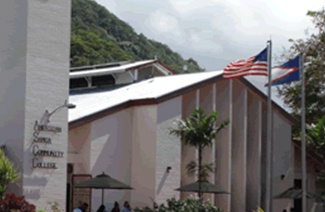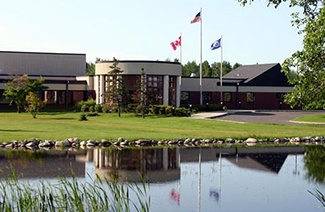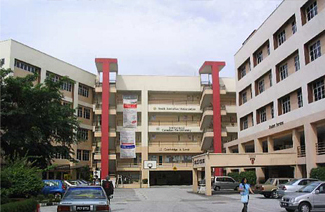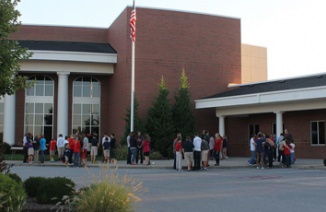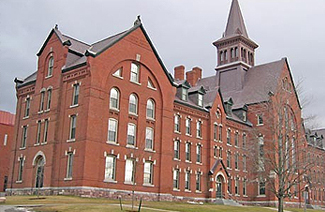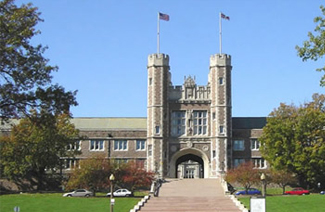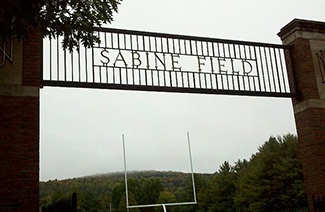2019年3月9日亚太
2019年3月9日亚太SAT真题回忆:阅读
综合点评:本次考试阅读部分整体难度适中,文章易懂,考点比较常规,单词题也没有出现偏词。
2019年3月9日亚太SAT真题回忆:文法
综合点评:本次的文法部分难度适中,词汇题总体来说难度不大,整个语法部分考试几乎没有陷阱性质的题目,图表题的信息经过简单的读图之后都可以快速的找到关键信息。
2019年3月9日亚太SAT真题回忆:数学
综合评价:此次数学整体难度不大,考点基础且不是非常全面,未涉及几何圆相关内容以及多项式函数和图像性质,考生需仔细审题,注意文字陷阱,平时养成良好的做题习惯。
2019年3月9日亚太SAT真题回忆:写作
第一篇:
How to Prevent an Oil Train Disaster
SIX days before last week’s deadly Amtrak derailment, a train carrying crude oil went off the tracks in rural North Dakota and burst into flames. Thankfully, no one was killed. But it should not take a deadly disaster — like the one that took 47 lives in the town of Lac-Mégantic, Quebec, in July 2013 — for us to grasp the risk from oil trains, which pass through many densely populated parts of the United States.
The Obama administration recently issued new safety rules for oil trains, to take effect in October. But it didn’t do the one thing many independent petroleum engineers say could immediately reduce the risk of a deadly disaster: require energy producers to remove more of the volatile gases that the oil contains when it comes out of the ground, before they load the crude into rail tankers.
This can be done easily at most wells. North Dakota recently required producers to extract some of these gases, which include propane and butane. The state is the epicenter of the new oil boom and was the departure point for most of the more than 400,000 oil tank cars that rolled across the United States in 2013.
But the North Dakota rule is still too lax, and instead of toughening it, the new federal rules focus on strengthening the tankers that carry the oil. That is a long overdue step that will take five years to complete. And already, the oil industry, which owns many of the tankers and will bear much of the cost of upgrading them, has sued to extend the deadline.
Oil companies have a financial stake in keeping the volatile gases in the oil. When the gas-laden oil arrives at refineries, the gases can be separated, processed and sold for added profit. The gases can even be sold overseas, something that can’t be done with the oil because crude oil can’t be exported.
If producers are forced to remove these lucrative gases at the well, that significant additional revenue would be lost. North Dakota doesn’t have the degasification plants and pipelines needed to process the gas and get it to market.
The danger for communities along the rail routes comes from what happens inside the tankers during the journey from wellhead to refinery. As the trains rumble along, the gases begin separating from the oil, forming an explosive blanket of vapors on top of the roughly 30,000 gallons of flammable oil that a single tanker usually contains.
If a derailment occurs and the tanker ruptures, a spark could ignite those vapors and send a mushroom-shaped fireball hundreds of feet into the sky, and flaming oil in all directions. A burning tanker could ignite the next one.
That’s what happened in Lac-Mégantic. It has also happened in nine other places in North America in the past two years, including Alabama, Virginia, West Virginia, Illinois and twice in North Dakota. Fortunately, nobody died in those other accidents because they occurred in rural, isolated areas. But oil trains also run through crowded urban and suburban neighborhoods. Albany is a major hub for oil shipments by trains from North Dakota, with trains traveling south along the Hudson River toward mid-Atlantic refineries.
......


